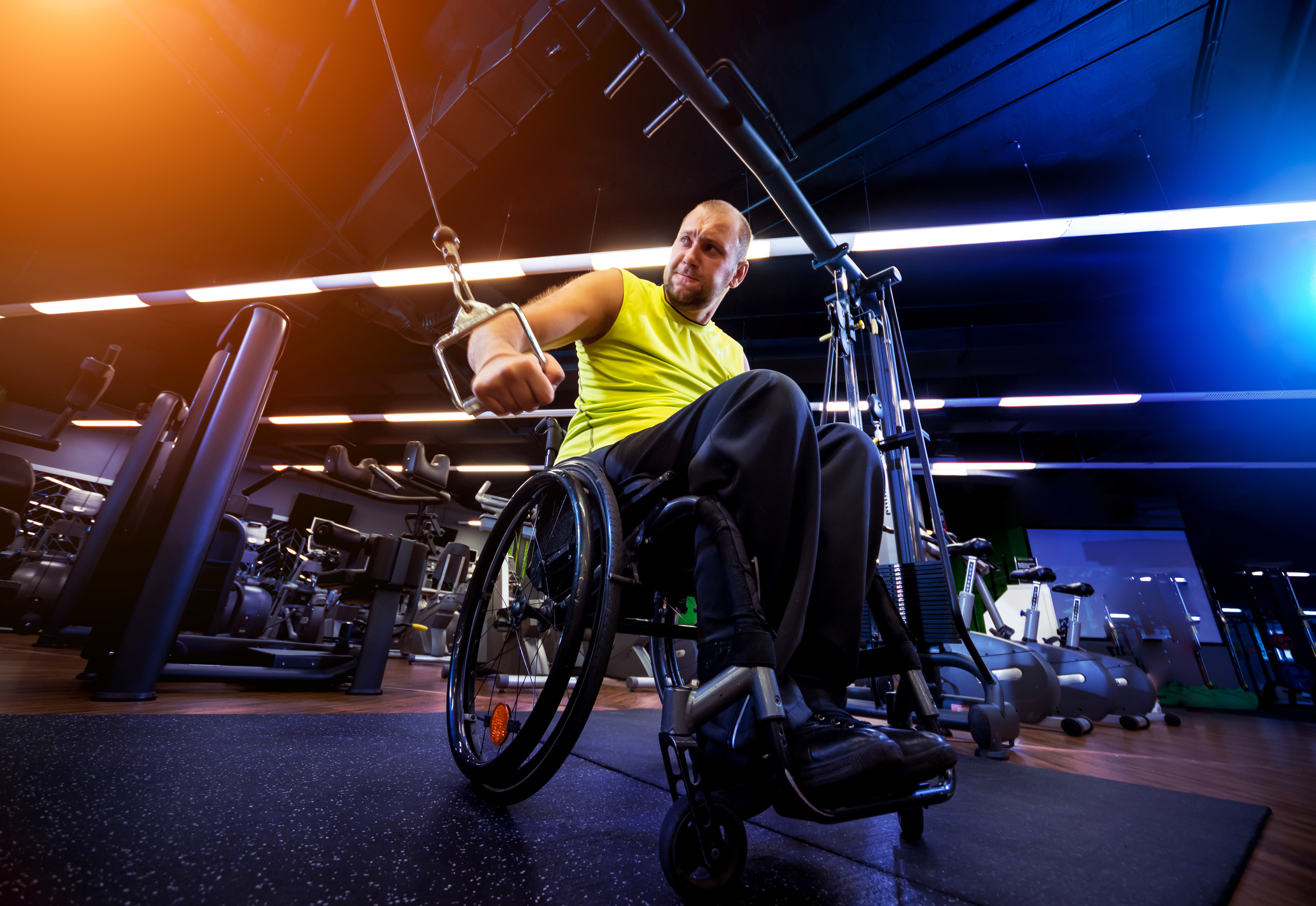Pilot study aims to engage exercise virtually among mobility impaired individuals
People with mobility disabilities are among the least physically active in the U.S. — a fact that contributes to the health risks of people with disabilities. According to the Centers for Disease Control, this demographic faces a 12% higher rate of obesity and a 340% increased risk for heart disease.

While limited evidence exists, researchers at the Life Span Institute’s Research and Training Center on Independent Living are working to learn more about effective ways to promote aerobic exercise among this group with a pilot study involving 10 participants in a 16-week virtual intervention program.
As described in the April edition of Disability and Health Journal, the Workout on Wheels internet intervention, or WOWii, is designed to increase exercise engagement among mobility impaired individuals over the course of 16 virtual meetings.
Participants in the program went from exercising about two days a week at the beginning of the program to an average of five days a week. They also doubled the time they spent exercising — from roughly one hour a week to more than two hours.
"Despite not engaging in the full, recommended amount of time (150 min per week), progressive increases in exercise are positive as evidence shows that some exercise is better than none,” the researchers stated.
Over the next two months following the conclusion of the WOWii sessions, researchers found half of the participants continued to exercise regularly. These participants continued to track their exercise, and, on average, minutes spent exercising were higher than at the start of the study.
“Program engagement was high, especially during the virtual meetings,” researchers said in their report. “Yet, the greatest exercise benefits require that people maintain exercise over time.”
Because the effects of the program waned following the end of WOWii, researchers stated that "further programming is warranted to support exercise maintenance for a mobility impaired sample.”
The research was authored by a team of scientists including KU Life Span Institute investigators Lyndsie Koon and Jean P. Hall.
How Life Span Institute research explore the impact of adaptive exercise for people with disabilities.